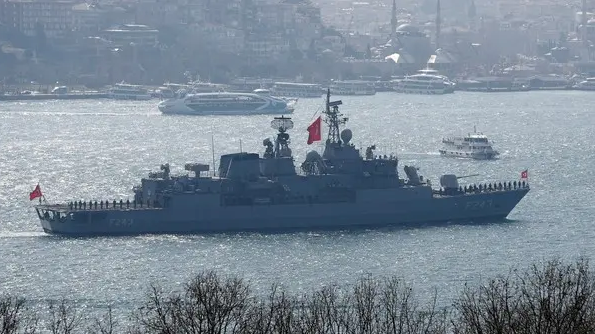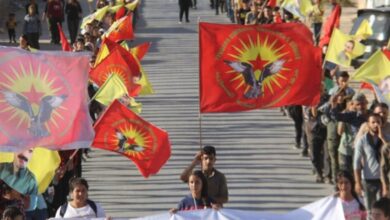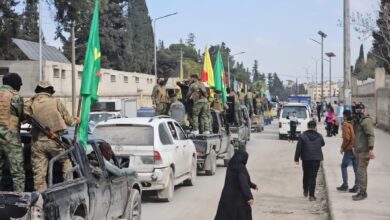
Satellite images, videos prove Turkey violated UN arms embargo to Libya: BBC
Yekiti Media
Turkey sent military tanks and weapons into Libya via the Mediterranean just days after agreeing to a UN arms embargo to the country, according to a BBC investigative report showing satellite images, pictures, and videos proving the Turkish violations.
Satellite images published in the BBC showed three Turkish ships, with one called the BANA being escorted by two G-Class frigates.
The ships were tracked leaving the Turkish port of Mersin in Turkey on January 4 with an intended destination of Gabes in Tunisia, according to one of the Turkish sailors on board. However, the ship’s transponders were turned off three days later just off the coast of Libya. Satellite images found on the same day placed the BANA docked off the port of Tripoli, the capital city of Libya.
The BANA reached the port of Genoa in Italy three days after leaving Tripoli. Italian authorities questioned the Turks on board, with one sailor confessing that the ship was involved in the illegal arms trade between Turkey and Libya.
Turkey, along with several countries, met in Berlin on January 19 in which all participants agreed to respect an existing UN arms embargo to Libya and support efforts toward a lasting ceasefire in the country. The Berlin summit had gathered top officials from the United Arab Emirates, Egypt, Turkey as well as western countries such as the United States, France, Britain, and the European Union.
Libya’s UN-recognized Government of National Accord led by Fayez al-Sarraj has been fighting a civil war against an alternative government based in the eastern city of Benghazi whose forces are led by General Khalifa Haftar.
Sarraj relies on a plethora of militias, including Islamist and terrorist groups, formed in and after the 2011 uprising against longtime dictator Muammar Qaddafi.
General Haftar launched an offensive to capture the Libyan capital of Tripoli in April vowing to end the rule of militias that include hardline groups linked to Al Qaeda and others. General Haftar has reportedly received support from international allies opposed to extremism and the Muslim Brotherhood.
Al Arabiya




